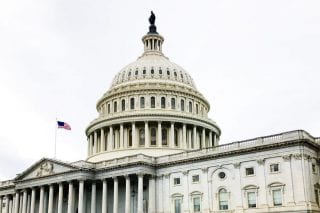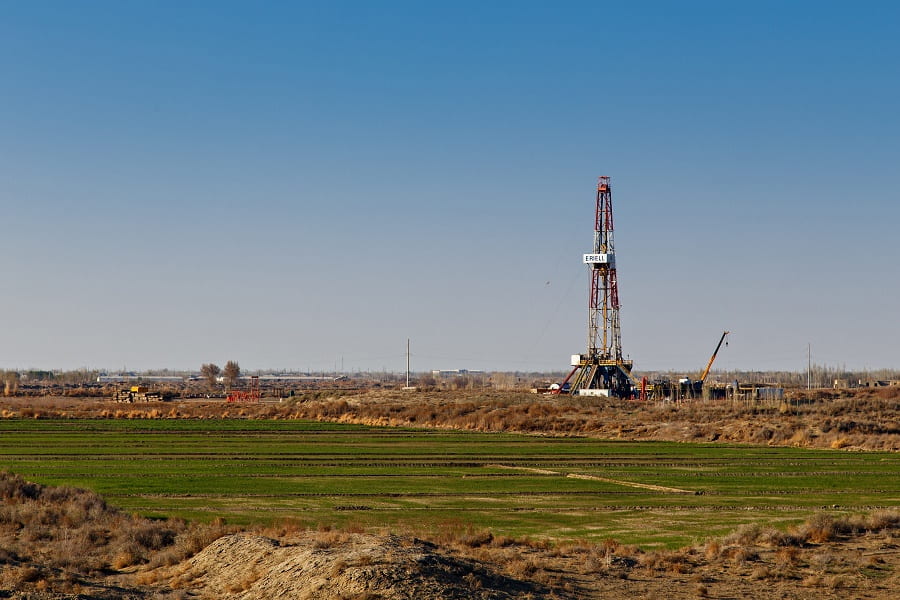On September 9, 2016, a section of the Houston to New York Colonial Pipeline was closed due to a leak that had spilled approximately 330,000 gallons of gasoline.
 The closure has lead to shortages of the fuel in Virginia, the Carolinas, and Tennessee, and even prompted the Governors of Georgia and Alabama to declare a State of Emergency. Many gas stations have simply run out of fuel, leaving consumers to longer distances in search of a pump that was still in service. Although the Colonial Pipeline Co. has promised to build a temporary pipeline to continue the flow of gasoline until the original can be fixed, the effects of this breakage will continue to effect the East Coast for the foreseeable future, with higher prices and unreliable supplies.
The closure has lead to shortages of the fuel in Virginia, the Carolinas, and Tennessee, and even prompted the Governors of Georgia and Alabama to declare a State of Emergency. Many gas stations have simply run out of fuel, leaving consumers to longer distances in search of a pump that was still in service. Although the Colonial Pipeline Co. has promised to build a temporary pipeline to continue the flow of gasoline until the original can be fixed, the effects of this breakage will continue to effect the East Coast for the foreseeable future, with higher prices and unreliable supplies.
The lines of cars queuing for fill ups in these Southern states brings to mind memories of the fuel crisis of 1973—along with a serious call to evaluate our county’s progress toward independence from fossil fuels.
While the Colonial Pipeline leak has only affected a small percentage of our country, its impact on those affected areas has been huge.
As Americans, we are used to having our energy on demand. If you want light at night, flip the switch; if you want to refuel your car, drive to the nearest gas pump and fill up. Our lives—and our society—are so entrenched in this idea of unlimited supply, that when the supply actually does run out (like it has in 5 states this month) we have no clue what to do.
The uncomfortable reality, though, is that energy is not unlimited—at least not when it comes to fossil fuels. They have to be transported from their source location to wherever they are to be used as energy. Our country’s entire energy infrastructure is designed around the efficient transportation of these fuels and—when it is working smoothly—allows for the instantaneous energy we Americans take for granted.
But one kink in the system—like a hurricane or leaky pipe for example—can leave millions of people without energy for days on end.
 To prevent this eventuality, we have basically two possible paths to take. The first, and the one that has been our historical “go to”, is to attempt to increase our control on the supply and distribution of the fuel. This desire is what drove our nation’s response to the 1973 energy crisis. When our support of Israel prompted Saudia Arabia to cease supplying our country with oil, Americans began to experience energy shortages for the first time since WWII. Our population was not happy about that, and the Government responded by supporting production outside of the Middle East (think Alaskan and Gulf of Mexico drilling as well as Canadian Tar Sands) and pledging to protect our interest in the Persian Gulf—leading to the Gulf Wars and the US presence in the Middle East that continues today.
To prevent this eventuality, we have basically two possible paths to take. The first, and the one that has been our historical “go to”, is to attempt to increase our control on the supply and distribution of the fuel. This desire is what drove our nation’s response to the 1973 energy crisis. When our support of Israel prompted Saudia Arabia to cease supplying our country with oil, Americans began to experience energy shortages for the first time since WWII. Our population was not happy about that, and the Government responded by supporting production outside of the Middle East (think Alaskan and Gulf of Mexico drilling as well as Canadian Tar Sands) and pledging to protect our interest in the Persian Gulf—leading to the Gulf Wars and the US presence in the Middle East that continues today.
This methodology (political and ethical issues aside) has two glaring faults.
Firstly, simply increasing the production of fossil fuels does more long term damage that it prevents. The fossil fuel industry is rife with negative externalities—environmental and social—and increasing domestic production is just bringing those problems closer to home. Secondly, as this month’s pipe leak has so clearly demonstrated, no amount of planning or oversight will ever be able to eliminate all of the unpredictability of the system. Even if the United States became 100% energy independent, if we continue to rely solely on fossil fuels, we will continue to be at risk of an energy crisis if any part of the energy infrastructure ever failed.
The second path of action – and the one that needs to be taken—is to begin to seriously seek and implement alternative energy sources. Energy from wind, solar, hydroelectric, and geothermal sources are not only domestic and GHG free, but could be used to supplement and replace our use of fossil fuels.
 A system equipped with several alternative sources of energy could absorb and compensate for any unforeseen hiccup in energy distribution, preventing shortages like the one in southeast today.
A system equipped with several alternative sources of energy could absorb and compensate for any unforeseen hiccup in energy distribution, preventing shortages like the one in southeast today.
The leakage of the Colonial Pipeline is minor, only effecting a few million people and only for a couple days. But although the crisis itself may be small, it is a reminder that there is still much work to be done. It would unwise for us to ignore this mishap until a larger crisis comes along. We must work proactively to reestablish our relationship with energy and shift away from our blind dependence on fossil fuels toward a more sustainable system of alternative fuels.
